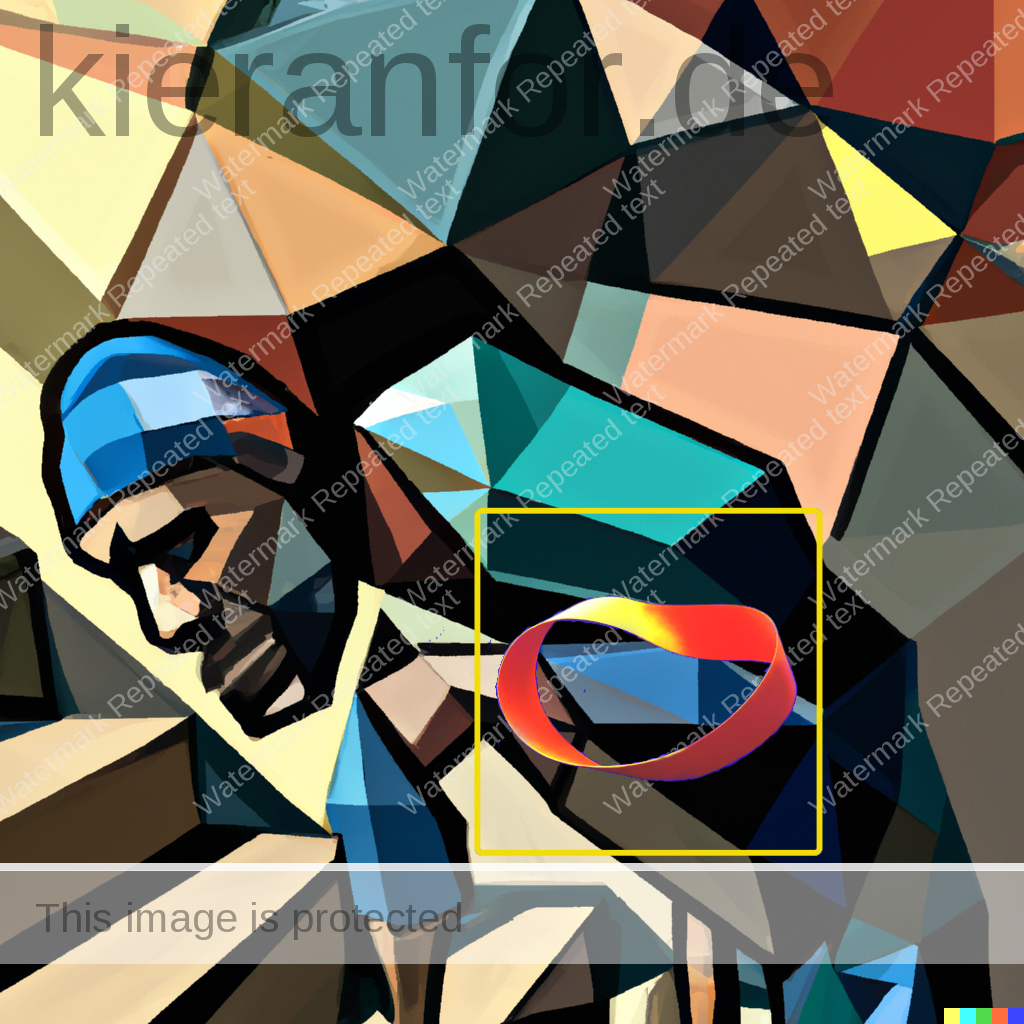Header image: KF in Dall-E
WATCH: The Philosophy of “As If” with Kwame Anthony Appiah https://www.youtube.com/watch?v=Ec80Gtqrj48 (90 mins)
- As the German philosopher Hans Vaihinger argued about a century ago, questions about idealization are of central importance in all the major areas of philosophy.
- Once we come to see that many of our best theories are idealizations, we will also see why our best chance of understanding the world must be to have a plurality of ways of thinking about it.
- It is a gentle jeremiad against theoretical monism.
- To say that it is good often to proceed by way of idealization is to argue that sometimes, in thinking about the world, truth isn’t what you need. For, as Vaihinger argued, an idealization is a useful untruth.
- …the question why so many of the things we say, in philosophy and the humanities and the sciences as in ordinary life, are instructive, even though not true.
- Nietzsche rightly mocked the notion that the “consensus sapientium establishes the truth,” and yet there is something to be said for starting with the current consensus, even if we don’t end there.
- [Unanimity of the wise]
1 Useful Untruths Lessons from Hans Vaihinger
- …connecting this strategy with the one that Kant had made famous in arguing that rational agency requires us to act as if we were free, even though our theoretical understanding shows that we are governed by deterministic laws, he claimed a Kantian ancestry for his ideas. (and Nietzsche too)
- Vaihinger’s suggestion that large areas of our thought are fictions amounts to this: Very often we can reasonably proceed as if what we know to be false is true because it is useful for some purpose to do so.
- the very first page of Vaihinger’s “General Introductory Remarks on Fictional Constructs”: “It must be remembered that the object of the world of ideas as a whole is not the portrayal of reality— this would be an utterly impossible task—but rather to provide an instrument for finding our way about more easily in the world.”
- Korzybski: “the map is not the territory”
- George Box: “All models are wrong, but some are useful”.
A simple statement is bound to be untrue. One that is not simple cannot be utilized.
― Paul Valéry, Analects, 1970
The Philosophy of “As If” with Kwame Anthony Appiah https://www.youtube.com/watch?v=Ec80Gtqrj48 (90 mins)

